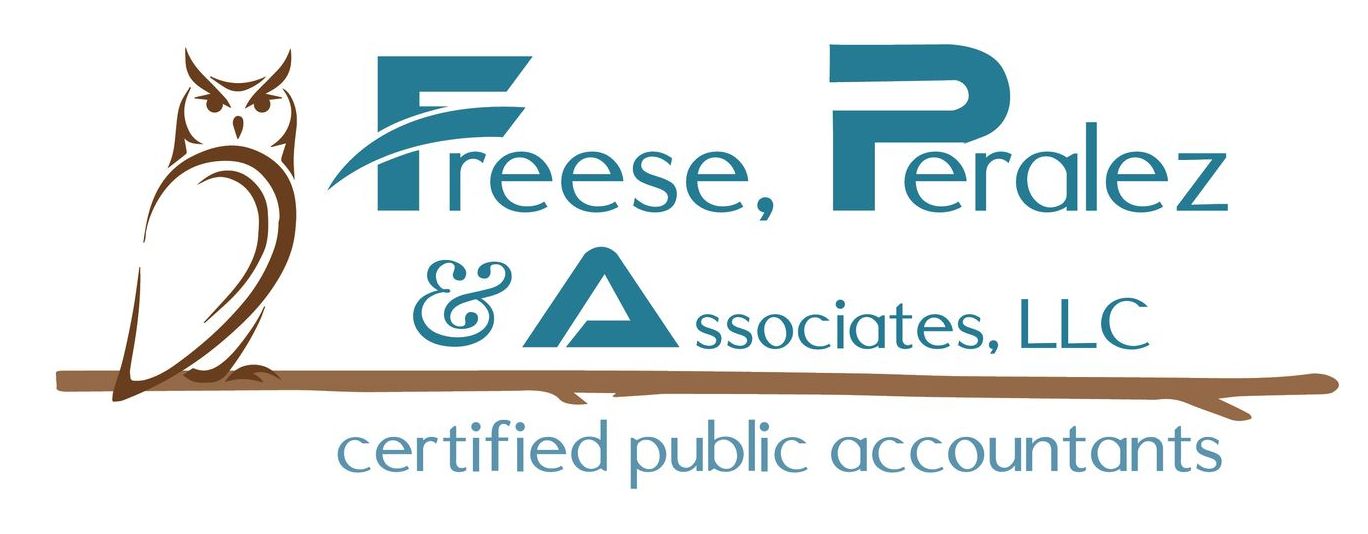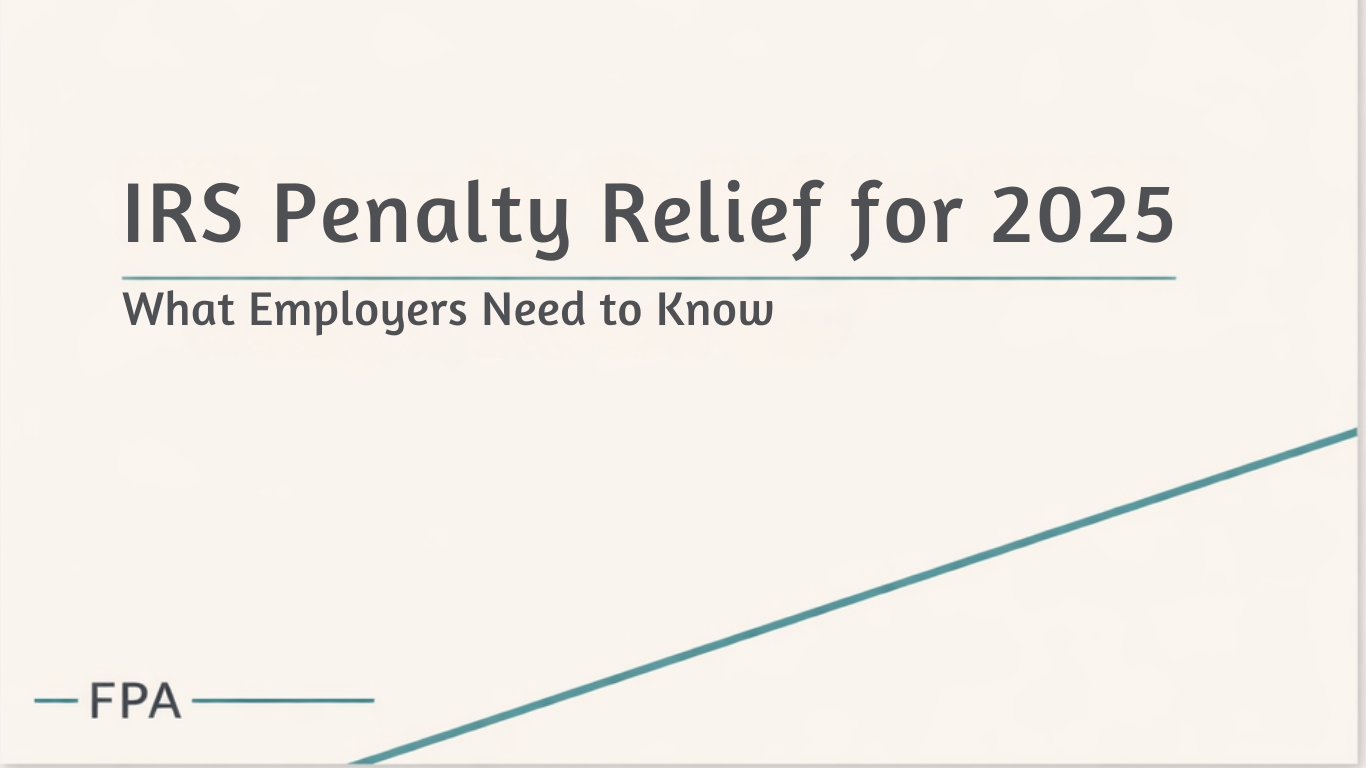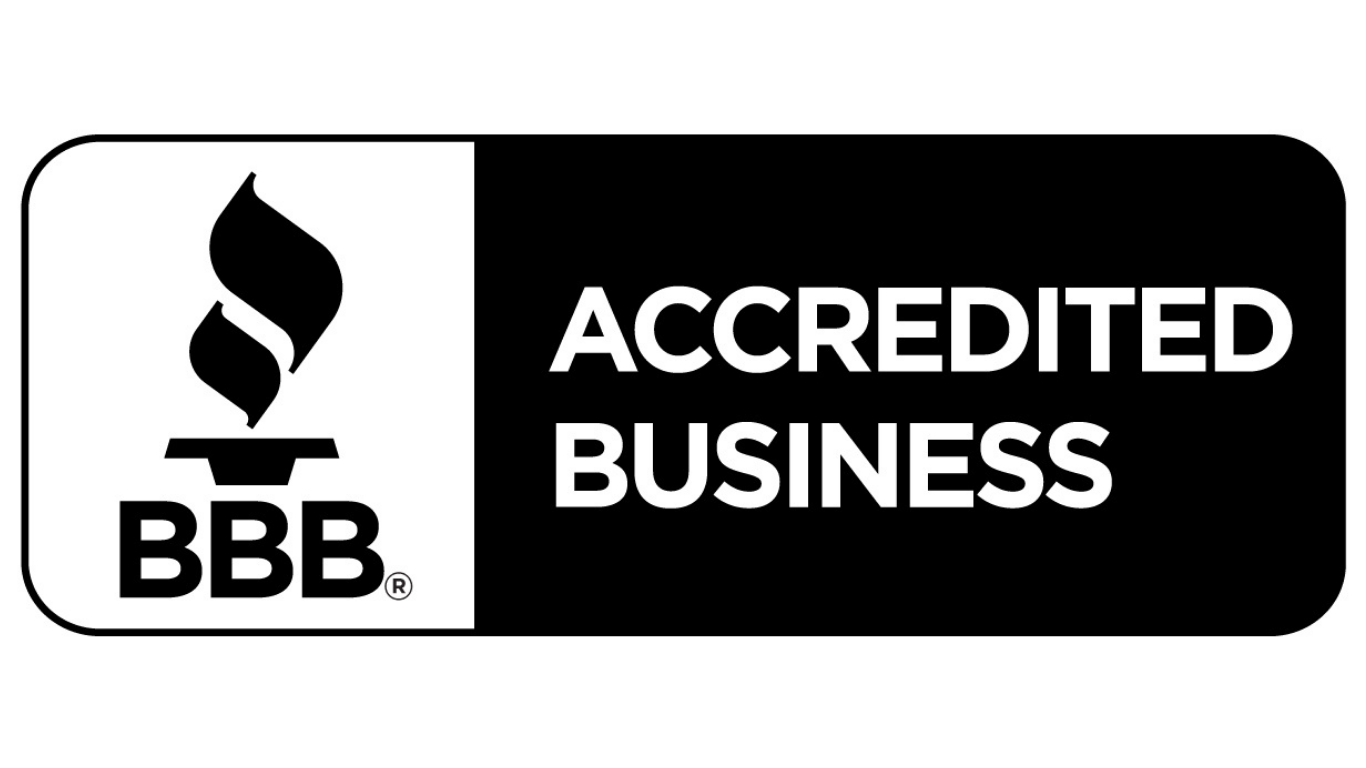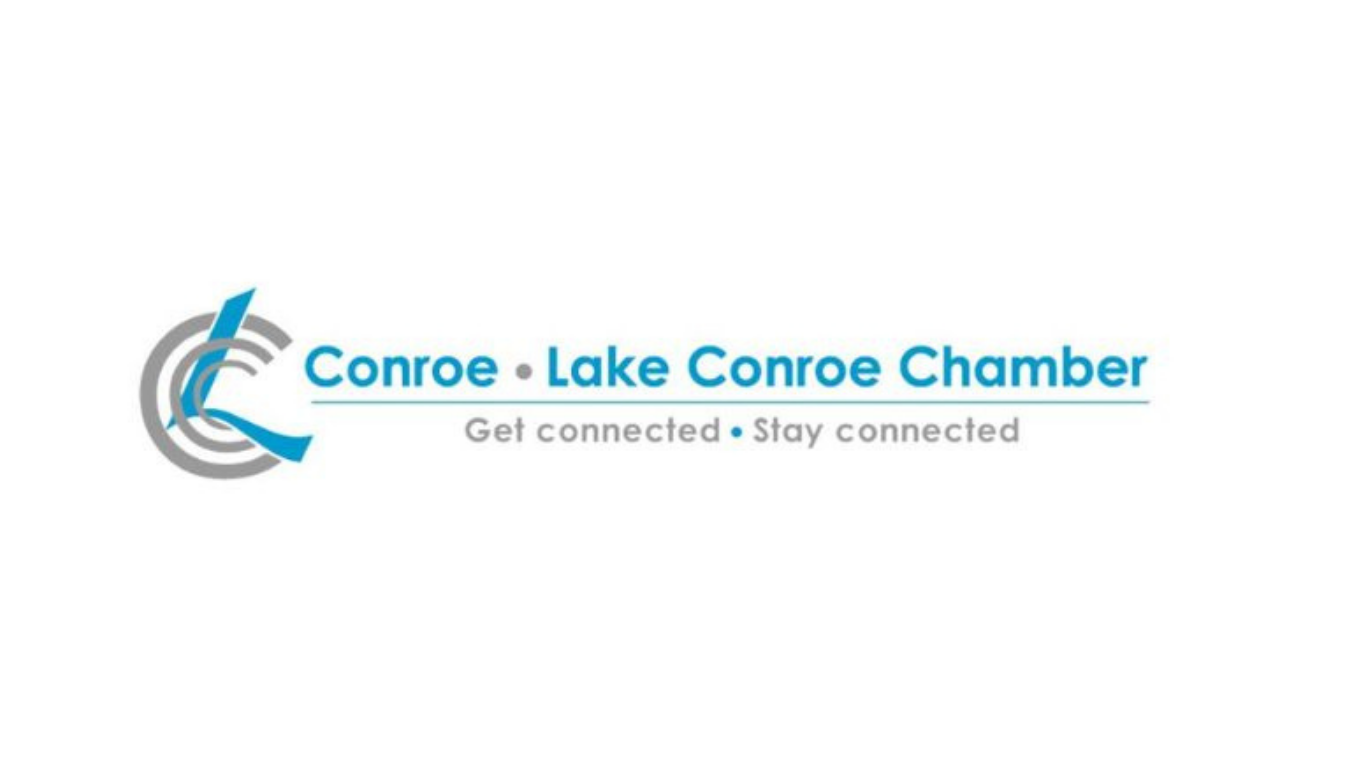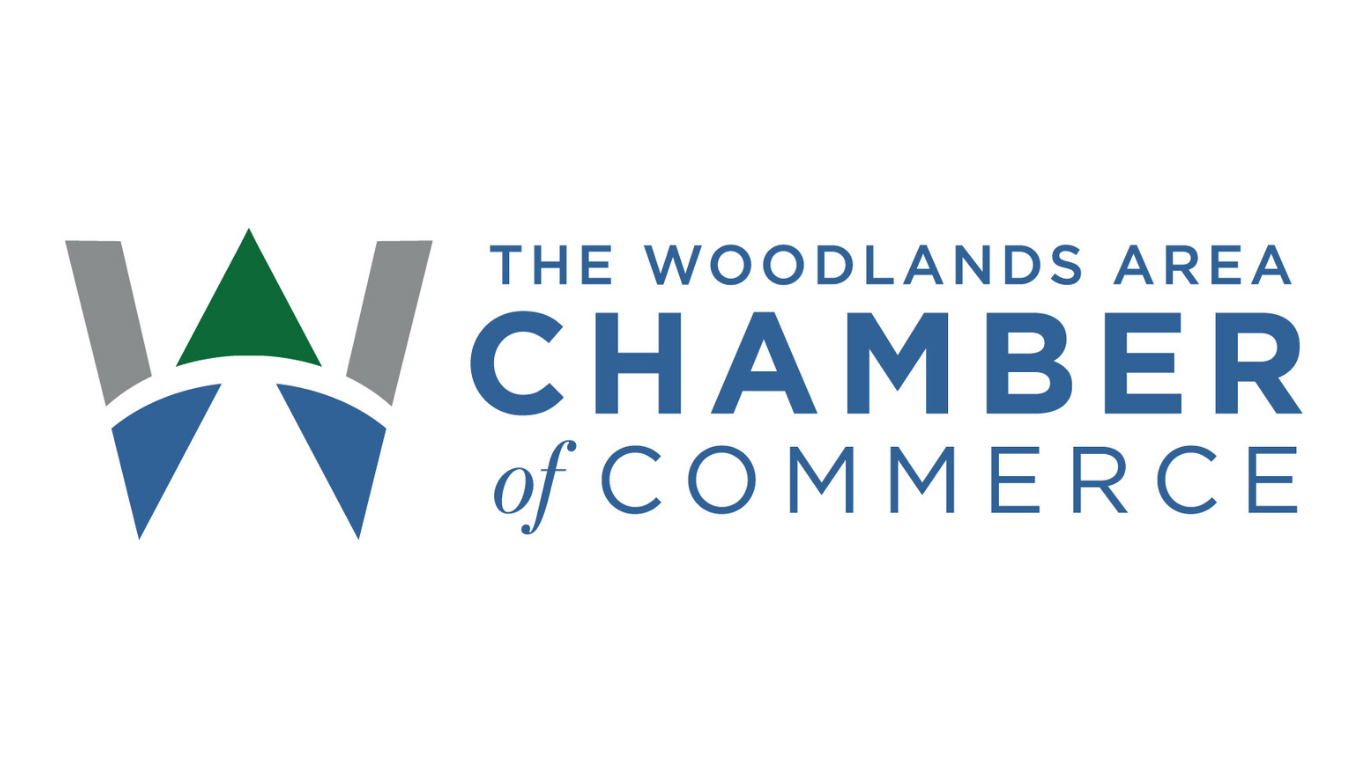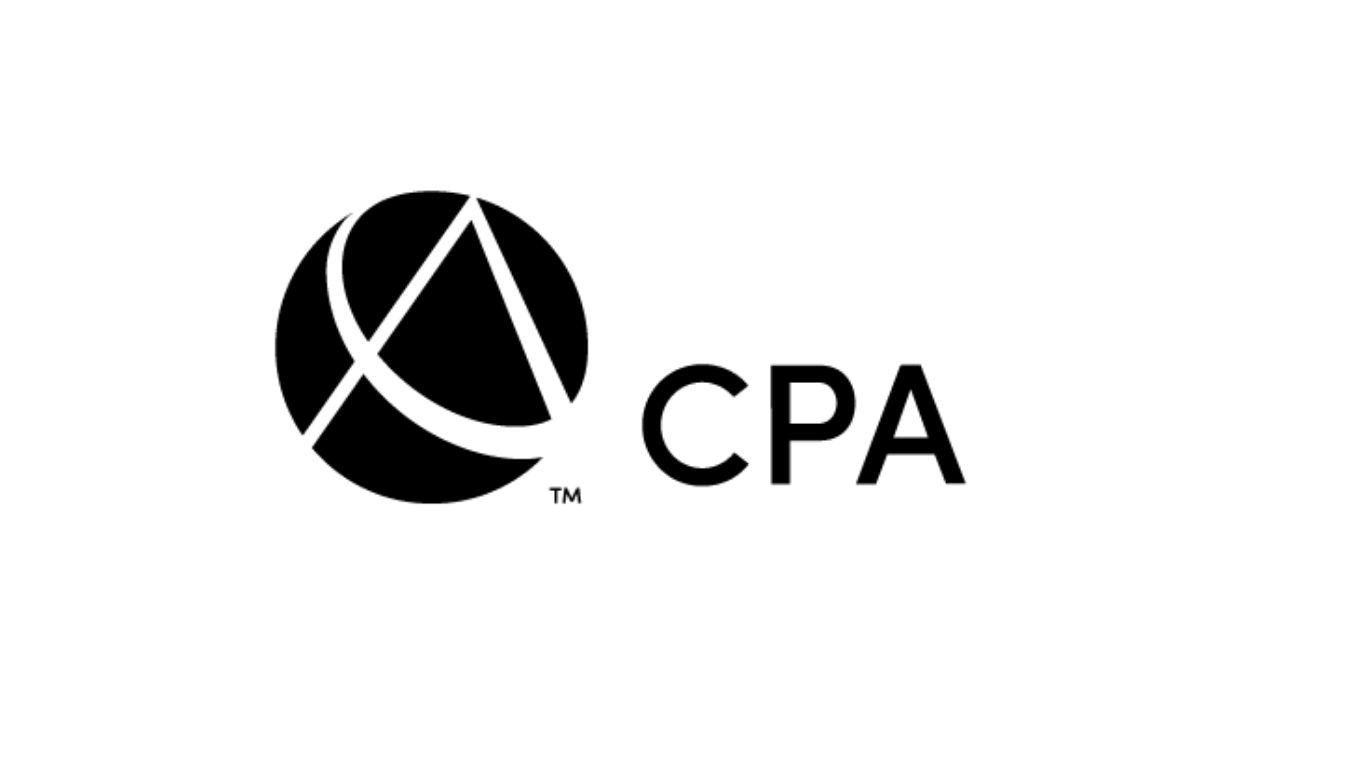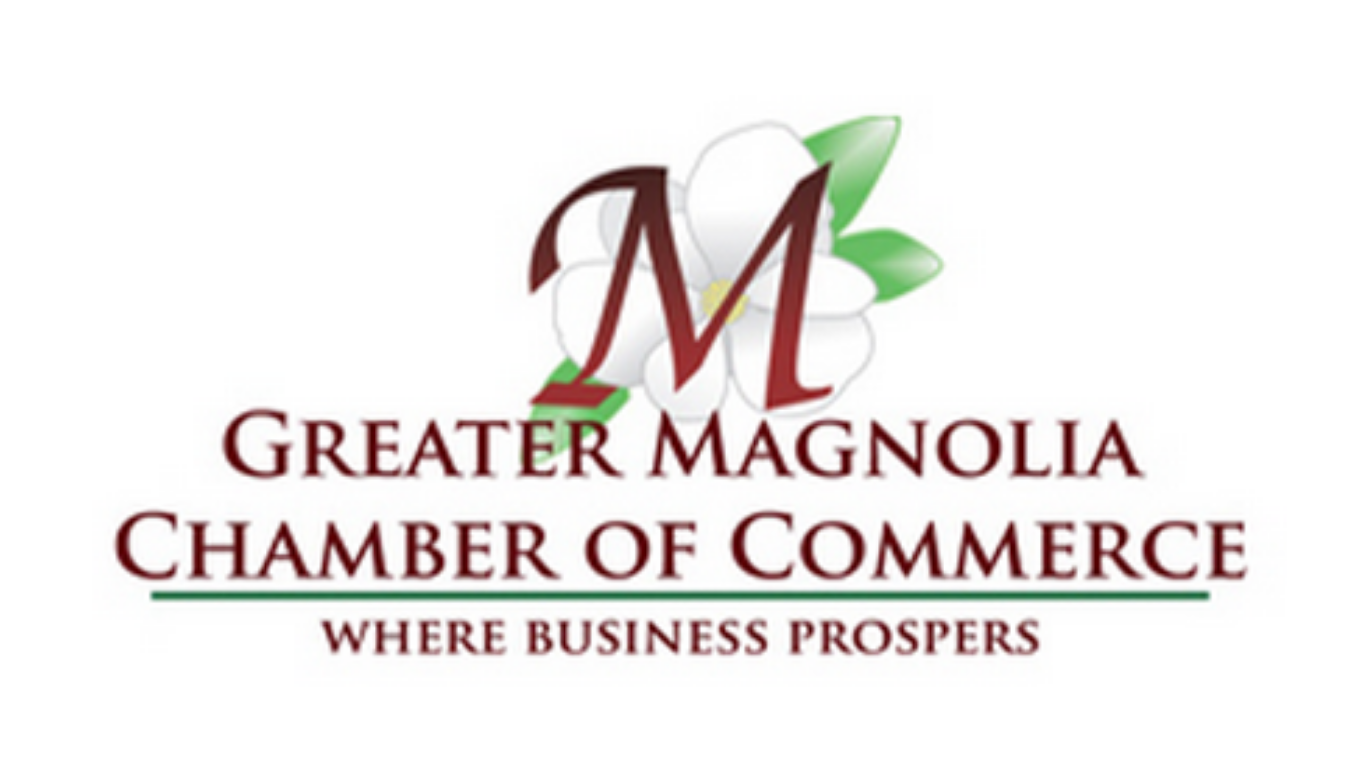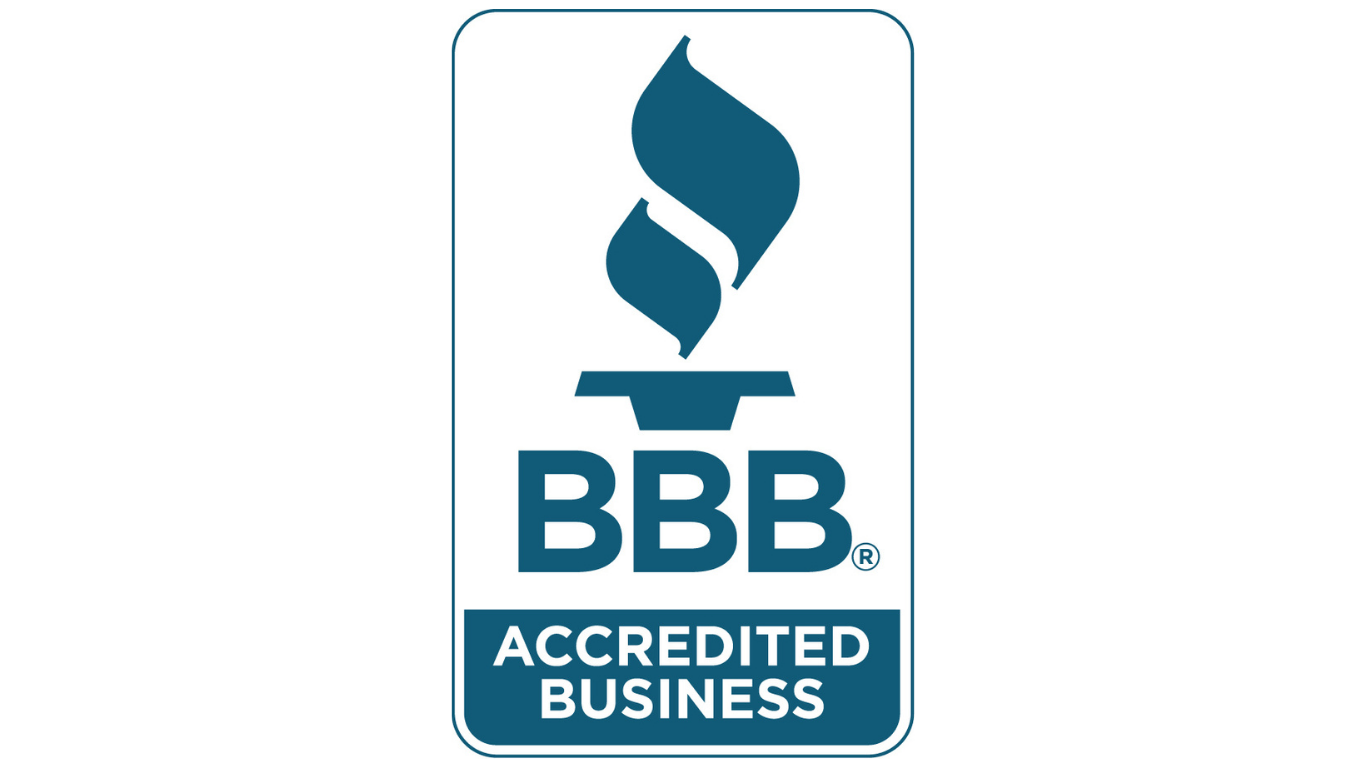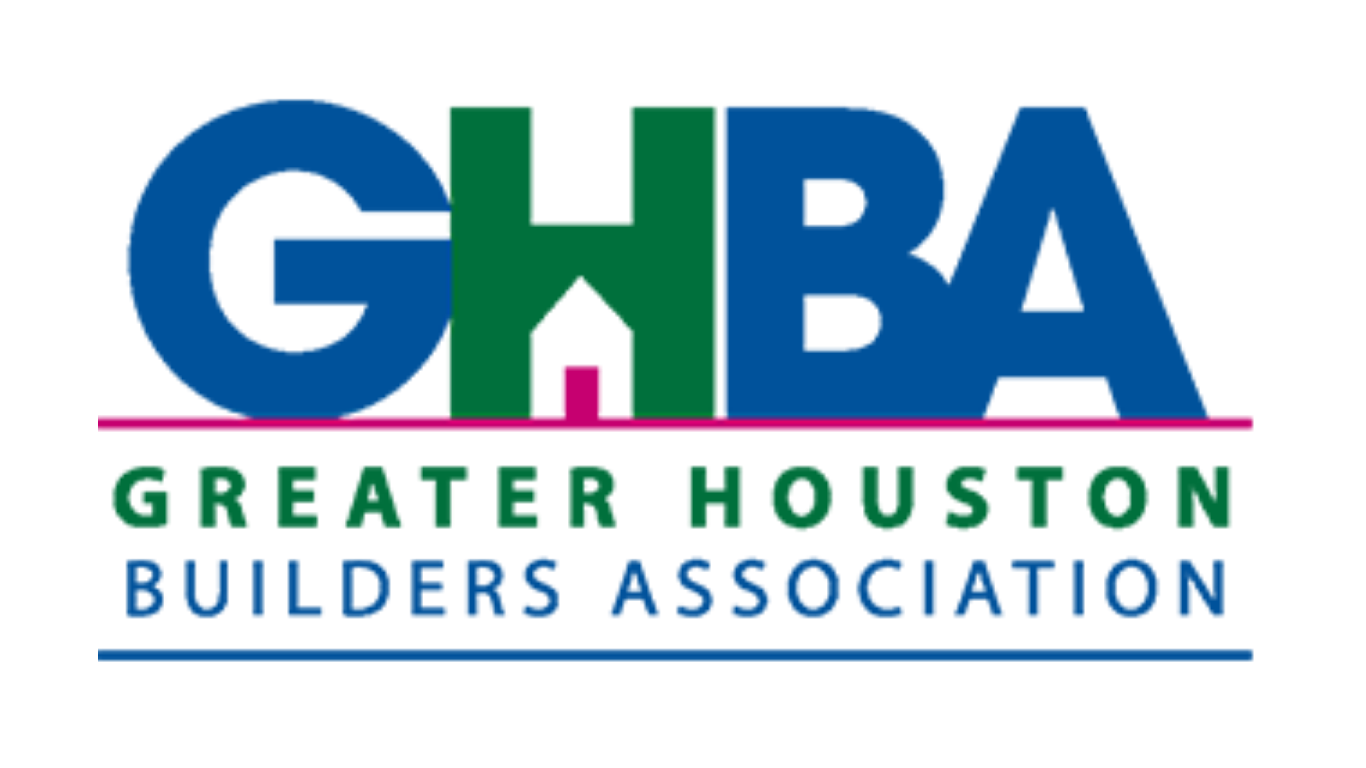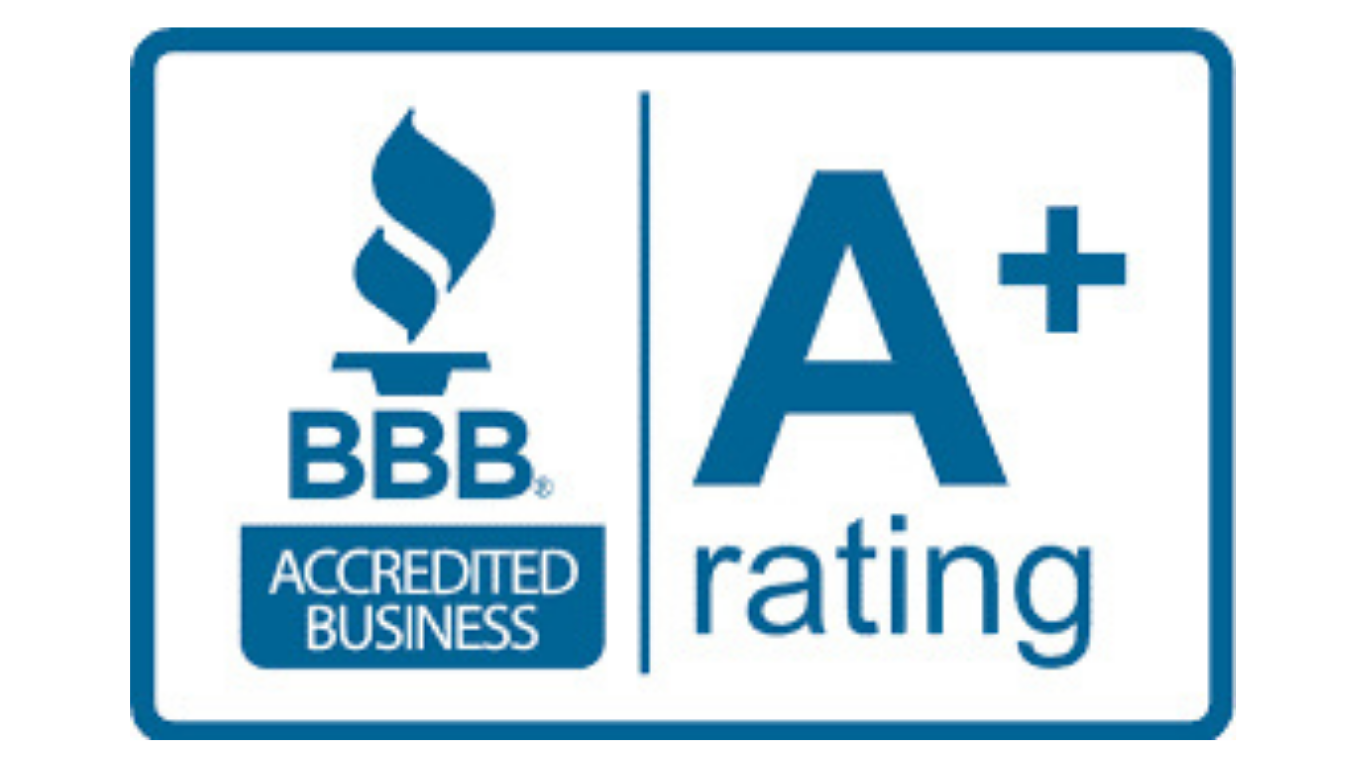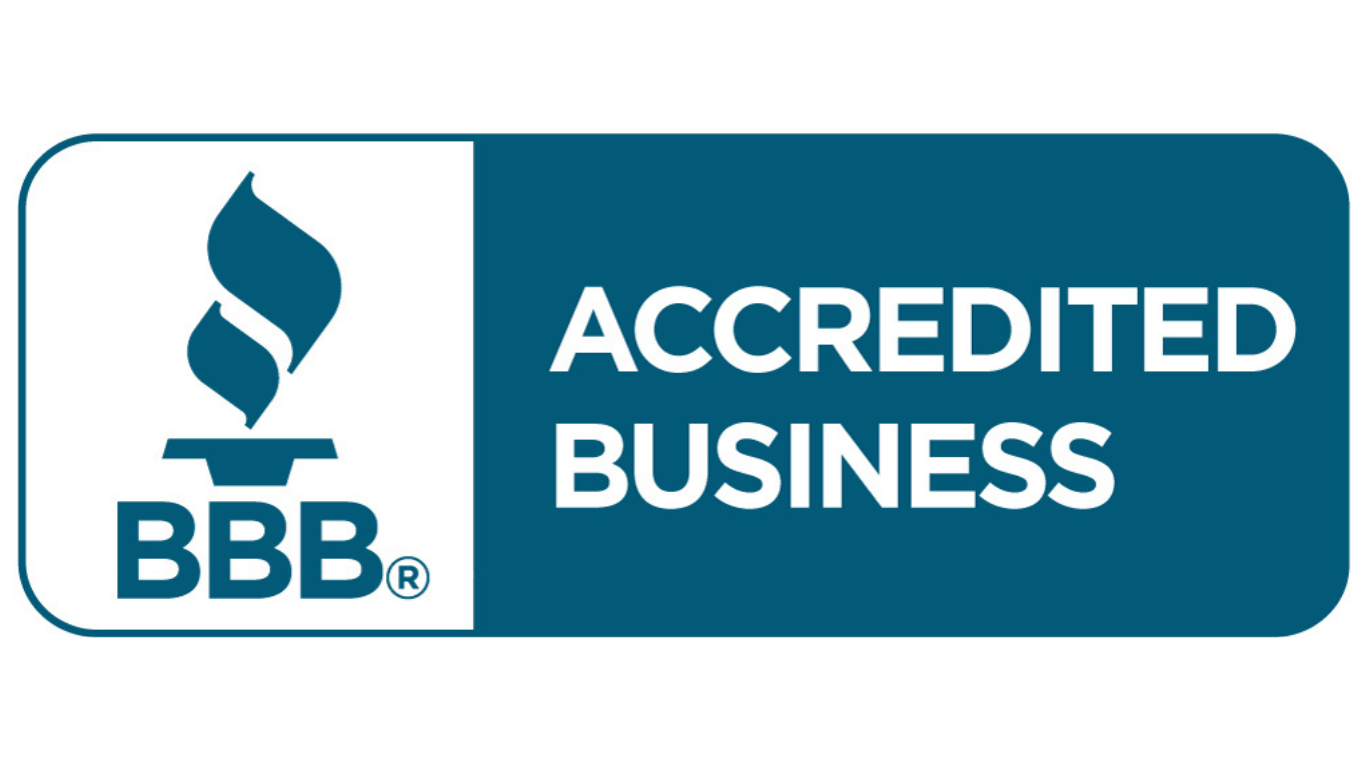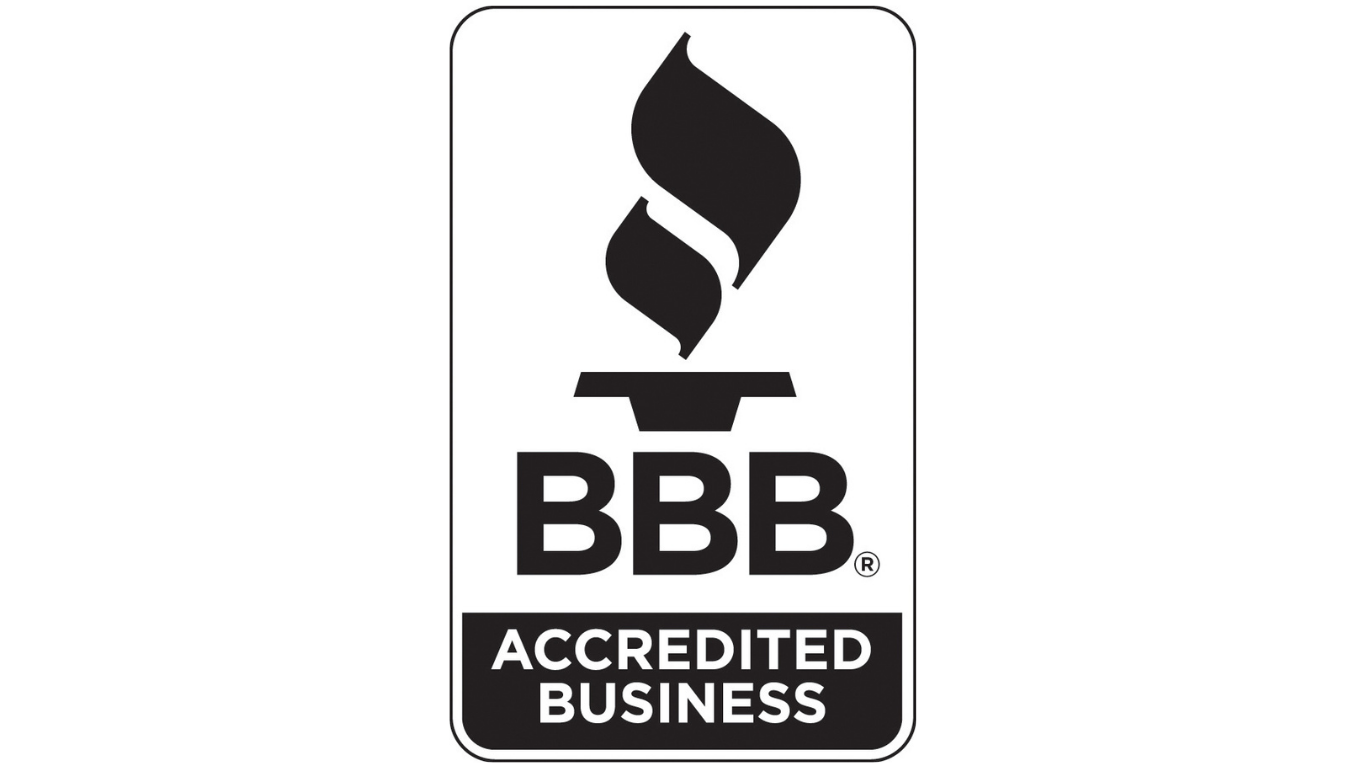Preventing Fraud with Internal Controls: A Refresher
Preventing Fraud with Internal Controls: A Refresher
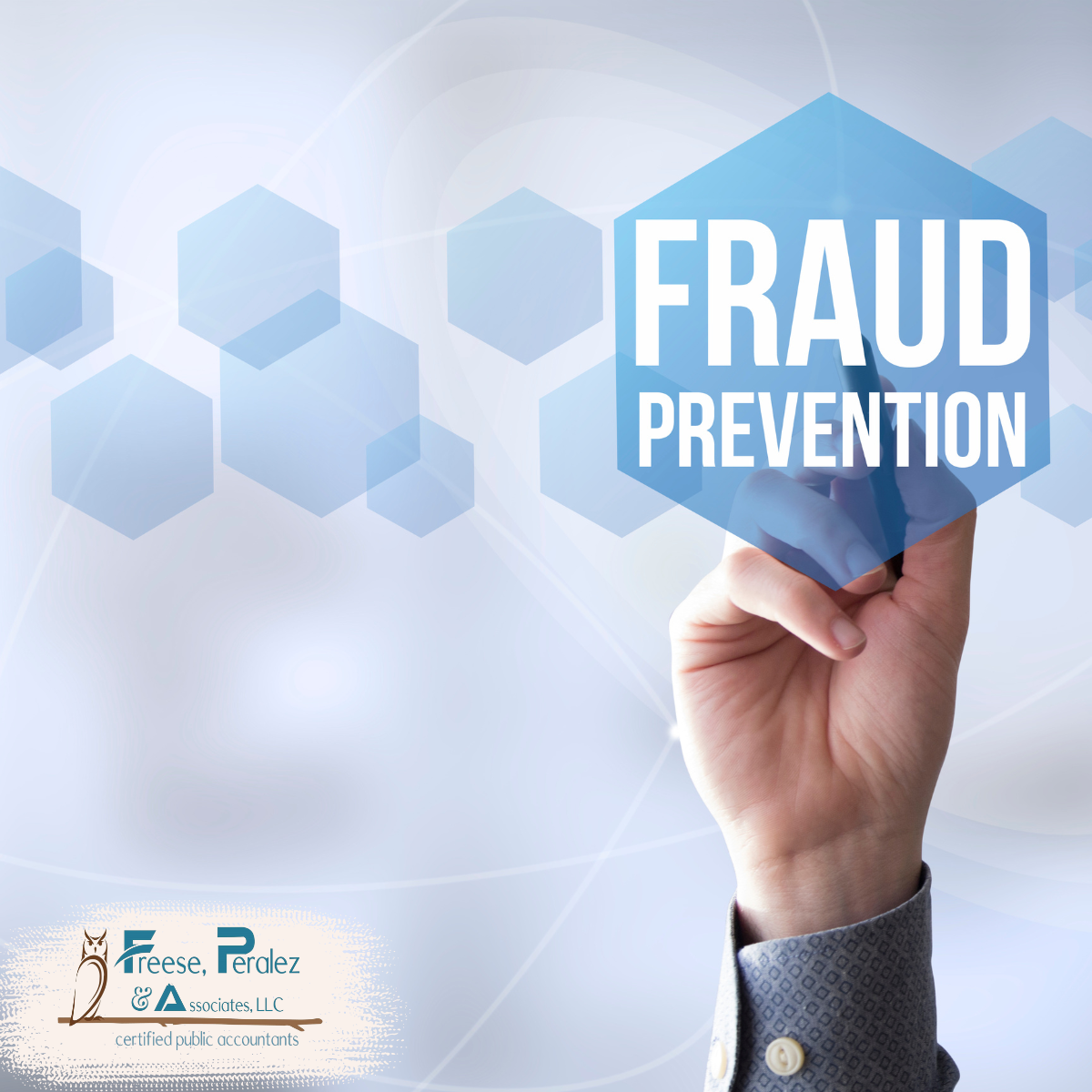
Guarding against fraud: Unveiling the power of internal controls to protect organizations' assets, reputation, and ethical integrity.
The article discusses the significance of internal controls in preventing and detecting fraud within organizations. Many leaders tend to overlook internal controls, considering them a low-priority task, but they are crucial for safeguarding an organization's assets and interests. Effective internal controls not only prevent fraud but also lead to improved operations, compliance with regulations, and protection of reputation. The three main types of internal controls are preventive, detective, and corrective controls. A vital initial step is conducting a risk assessment, which involves identifying and ranking potential fraud risks based on likelihood and impact. Preventive controls aim to stop fraud from occurring and include measures like segregating duties, implementing IT access controls, and physical asset controls. Detective controls are designed to identify fraud after preventive measures, and they encompass activities such as physical inventory checks and account reconciliations. In cases where fraud is detected, corrective controls come into play, involving disciplinary actions, software patches, new policies, and continuous process improvement. A culture of ethics and integrity, established by organizational leaders, is crucial for an effective control system. Without a genuine commitment to ethical behavior from the top, internal controls remain ineffective, and the organization becomes vulnerable to fraud. In conclusion, internal controls play a vital role in safeguarding organizations against fraud and must be thoughtfully designed and diligently maintained. For more information click the link!

